Have you ever looked into your dog’s eyes and wondered what more you could do to make their tail wag even harder? Our furry friends rely on us for their happiness, health, and comfort—yet sometimes, the simplest acts can transform their lives in ways we never expected. Imagine if you could give your dog a fuller, more joyful life just by tweaking a few daily habits. Whether you’re a seasoned dog parent or just welcomed a new pup into your world, these surprising tips and gentle warnings could change everything. Let’s dive into the best—and worst—things you can do for your four-legged family member.
Provide Balanced, Nutritious Meals
Every dog deserves a life filled with health, happiness, and love—and as their trusted human, you have the power to make that happen. From daily habits to special moments, small actions can make a big difference in your dog’s overall well-being. But just as important as knowing what to do is understanding what to avoid. Some well-meaning choices can unintentionally cause stress or health issues over time.
A healthy dog starts from the inside out, and nothing matters more than what goes into their bowl. Feeding your dog high-quality food packed with the right mix of proteins, fats, and carbohydrates is essential for their energy, coat health, and even their mood. Just like us, dogs can suffer from poor diets, so steer clear of meals with lots of fillers or artificial ingredients. Think about choosing foods with recognizable ingredients—chicken, beef, sweet potatoes, and rice. If you’re unsure, asking your veterinarian for recommendations tailored to your dog’s breed, age, and activity level can make a world of difference. Remember, what nourishes your dog today shapes their tomorrows.
Maintain a Consistent Exercise Routine
Dogs are born to move! Regular exercise not only keeps their bodies fit, but it also sharpens their minds and wards off boredom. Whether it’s a brisk morning walk, a lively game of fetch at the park, or an agility session in the backyard, movement is vital. Exercise also helps avoid obesity, which can lead to serious health problems down the line. But exercise is more than just physical—it’s bonding time, too. Watching your dog dash with joy or trot proudly by your side is a reward in itself. If you ever feel too tired to play, just remember those eager eyes waiting for you.
Schedule Routine Vet Visits
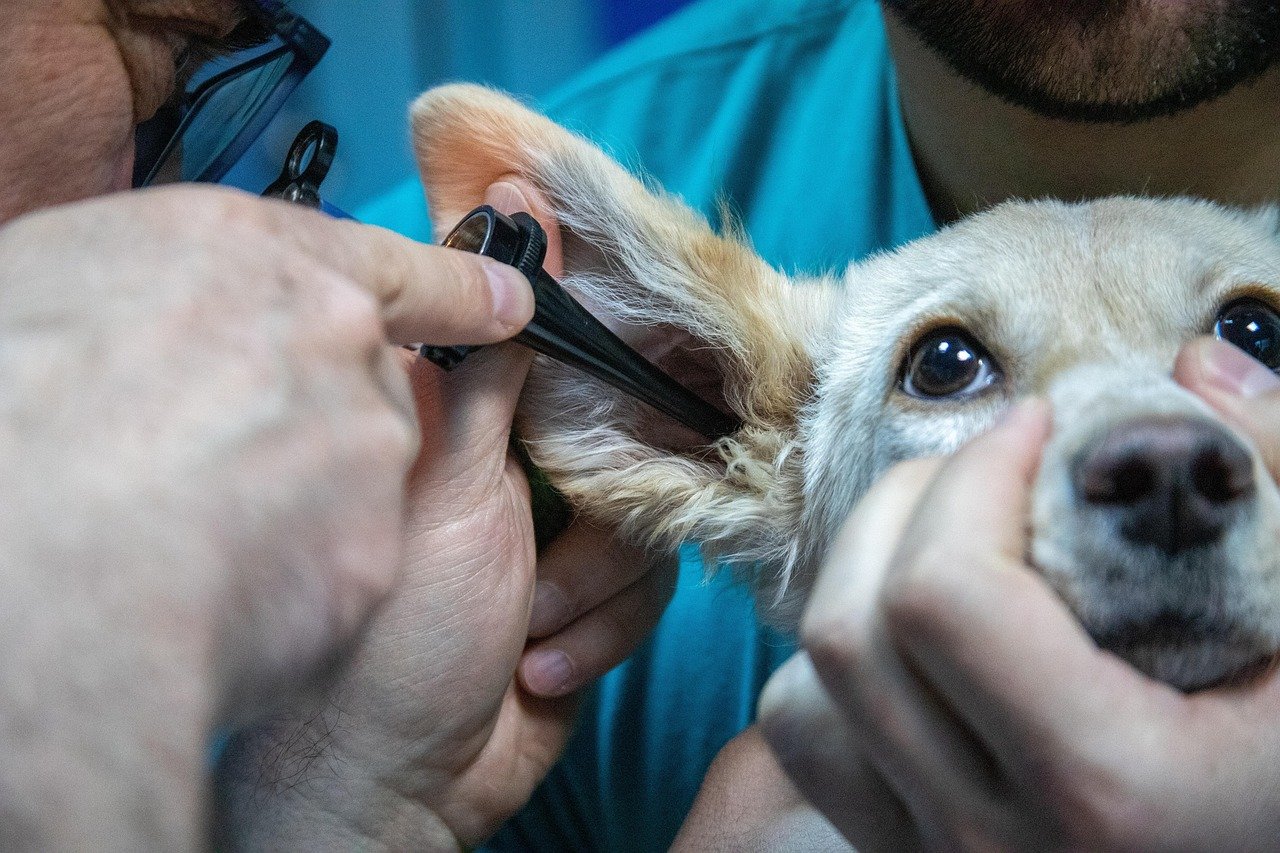
Prevention is always better than cure. Taking your dog to the vet for regular check-ups ensures that tiny problems don’t become big ones. Annual exams, vaccinations, and dental cleanings keep your dog protected from many common diseases. Early detection of issues like arthritis, tooth decay, or skin conditions can mean less pain and less expense over time. Even if your dog seems perfectly healthy, those routine visits are your safety net. A little time spent at the vet can add years of tail wags and happy licks to your life together.
Create a Safe and Stimulating Home Environment
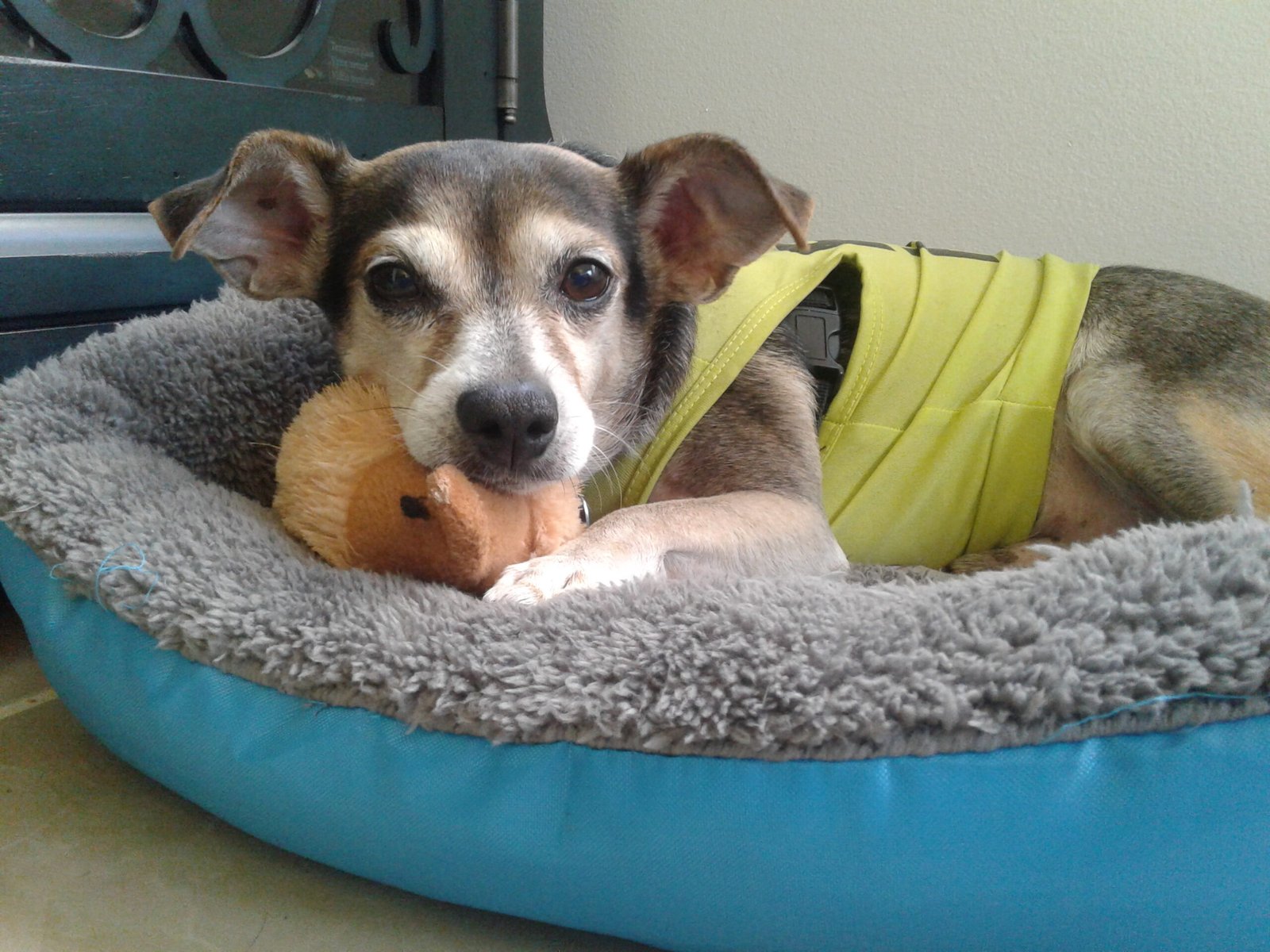
Dogs crave both comfort and adventure right where they live. Make your home a haven with cozy beds, chew toys, and safe spaces for your dog to relax. But don’t forget to spice things up! Rotate toys, introduce puzzle feeders, or hide treats for a scavenger hunt. These simple changes keep your dog’s mind sharp and prevent destructive boredom. Remove hazards like toxic plants, loose wires, or foods that could harm your pup. A well-thought-out environment is like a playground and sanctuary rolled into one.
Offer Consistent Training and Mental Challenges
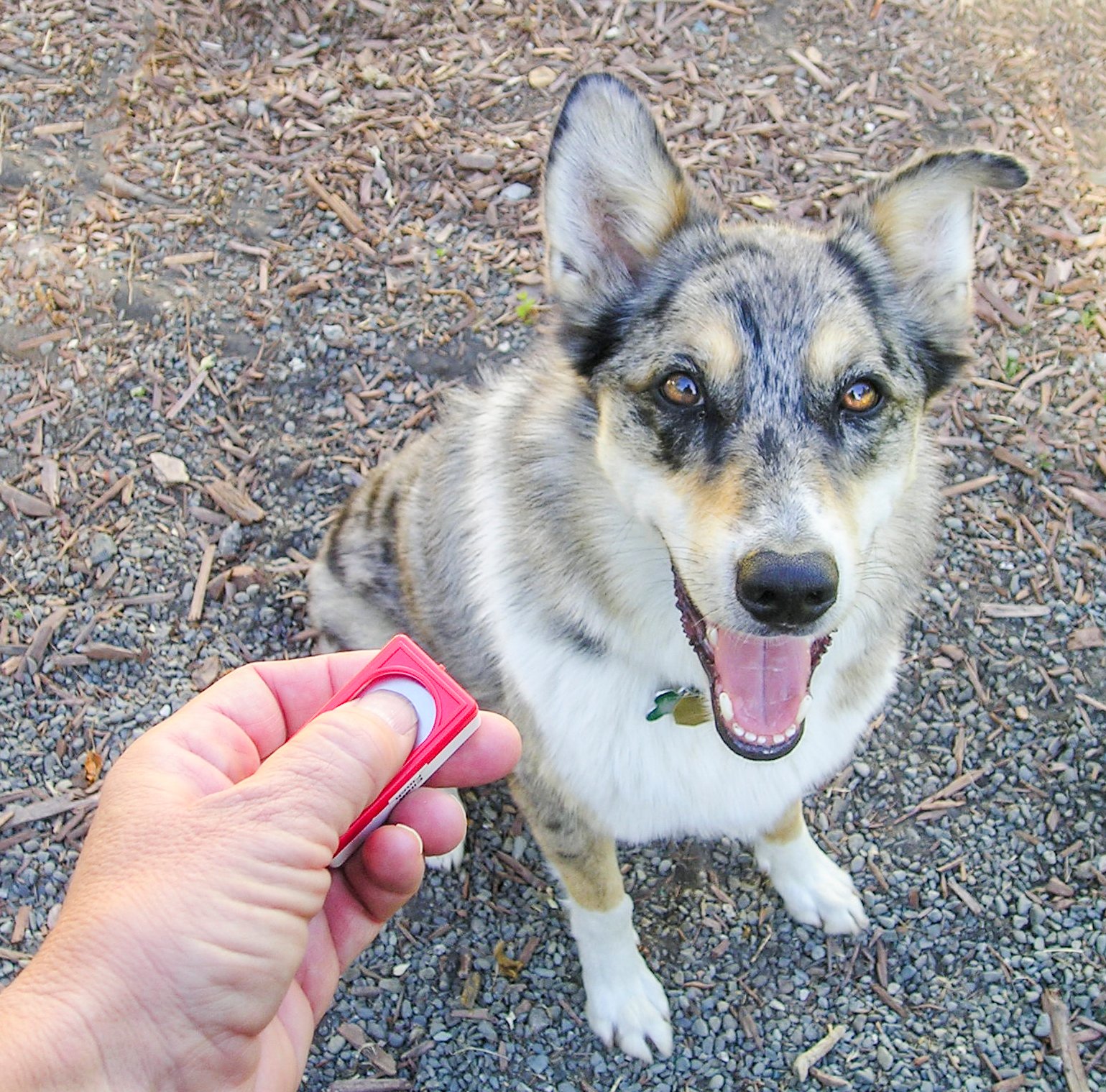
Dogs thrive on learning. Training isn’t just about “sit” and “stay”—it’s about building a language between you and your pet. Positive reinforcement helps them understand what you want while boosting their confidence. Try teaching new tricks or practicing obedience skills daily, even if just for a few minutes. Mental games, like treat puzzles or hide-and-seek, keep your dog’s brain busy and content. A mentally challenged dog is a happy dog, and watching them master a new trick is always a proud moment!
Pamper with Regular Grooming and Hygiene Care
Grooming isn’t just for show—it’s crucial for your dog’s health and comfort. Regular brushing removes dirt, prevents matting, and keeps shedding under control. Bath time, while not always a favorite, helps prevent skin issues. Don’t forget about nails, ears, and teeth! Overgrown nails can cause pain, dirty ears can lead to infections, and healthy teeth mean fresh breath and fewer health risks. Making grooming a gentle, bonding experience can turn a dreaded chore into a moment of love.
Keep Hydration a Top Priority
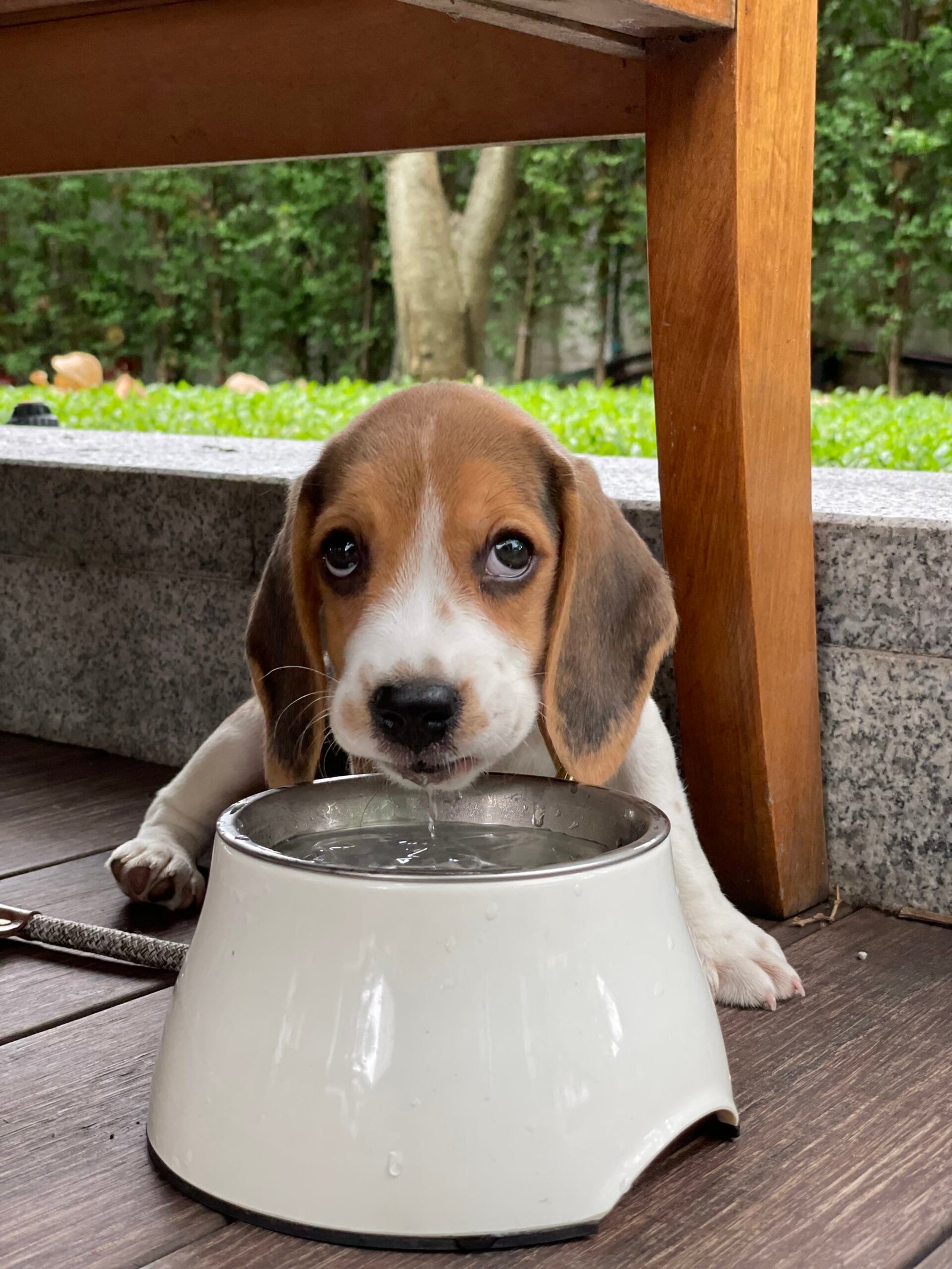
Water is life—especially for an active dog. Always ensure your dog has access to fresh, clean water throughout the day. Dehydration can sneak up quickly, especially on hot days or after vigorous play. Signs like dry gums or lethargy are red flags. If your dog is a picky drinker, try adding ice cubes or a splash of low-sodium broth to entice them. Never underestimate the power of a simple water bowl—sometimes, it’s the little things that matter most.
Provide Socialization Opportunities
Dogs are social creatures, just like us. Early and ongoing socialization helps them feel confident and relaxed in new situations. Arrange playdates with friendly dogs, visit dog parks, or simply walk in new neighborhoods. Exposure to different people, sights, and sounds broadens their world and reduces fear or aggression. Socialization isn’t just for puppies—adult dogs benefit, too! Each new friend or experience helps your dog see the world as a safe, exciting place.
Establish a Predictable Daily Routine
Dogs love knowing what’s next. Consistent feeding, walking, and bedtime schedules help them feel secure and reduce anxiety. Sudden changes can confuse or stress your dog, so try to keep routines as steady as possible. If something out of the ordinary is coming up, like a vet visit or a trip, gentle preparation can help them adjust. A reliable routine is like a comforting rhythm that makes your dog’s world feel safe and predictable.
Show Plenty of Love and Affection
At the heart of every happy dog is a deep bond with their human. Cuddles, belly rubs, and kind words reassure your dog that they are safe and loved. Never underestimate the power of gentle touch and praise. Dogs are incredibly attuned to our emotions, and your affection can soothe their fears and brighten their days. Even a simple scratch behind the ears or a warm hug can mean the world. After all, your love is the greatest gift you can give.
Do Not Ignore Behavioral Changes
It’s easy to brush off a small quirk or odd behavior, but subtle changes can signal something deeper. If your dog suddenly seems withdrawn, aggressive, or less interested in food or play, it’s time to take notice. These shifts might hint at pain, anxiety, or underlying health issues. Never assume it’s “just a phase.” Addressing changes early with your vet or a trainer can make all the difference. Your attention and intuition are your dog’s first line of defense.
Avoid Feeding Harmful Foods
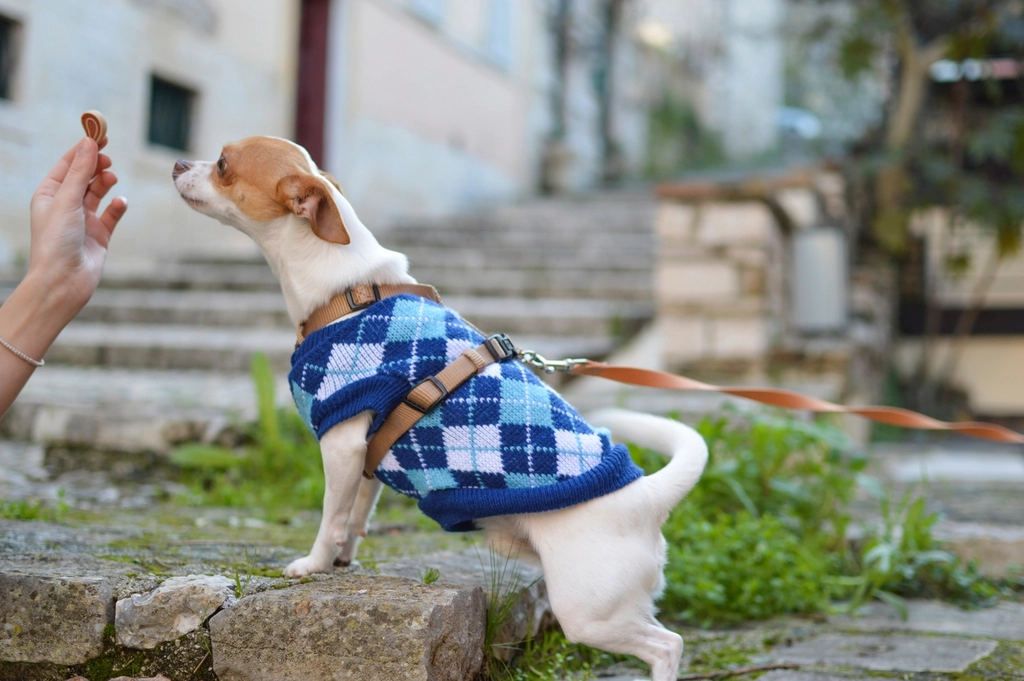
Some foods are a silent danger lurking in your kitchen. Chocolate, grapes, onions, and xylitol (often found in sugar-free gum) can be deadly to dogs, even in small amounts. Resist the urge to share table scraps unless you’re absolutely sure they’re safe. Keep all toxic foods out of reach, and educate family members about what’s off-limits. When in doubt, stick to treats made especially for dogs. One careless snack can have heartbreaking consequences.
Don’t Skip Heartworm, Flea, and Tick Prevention
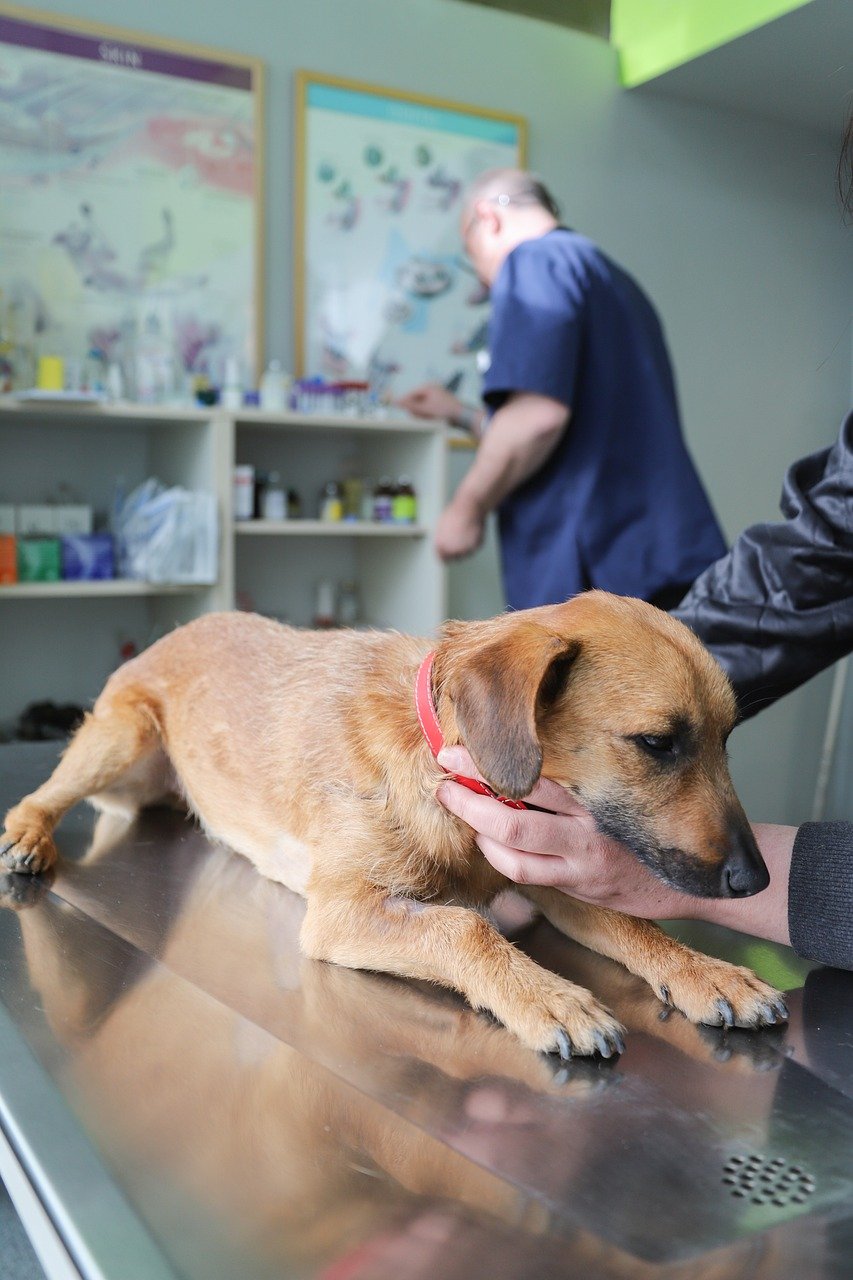
It might seem harmless to miss a dose of heartworm, flea, or tick medication, but parasites are relentless. Heartworm disease, in particular, can be fatal and is often invisible until it’s advanced. Fleas and ticks cause itching, allergies, and even transmit diseases. Prevention is simple and far less expensive than treatment. Treat these tiny threats with the seriousness they deserve, and your dog will thank you with years of happy, healthy adventures.
Never Use Harsh Punishments
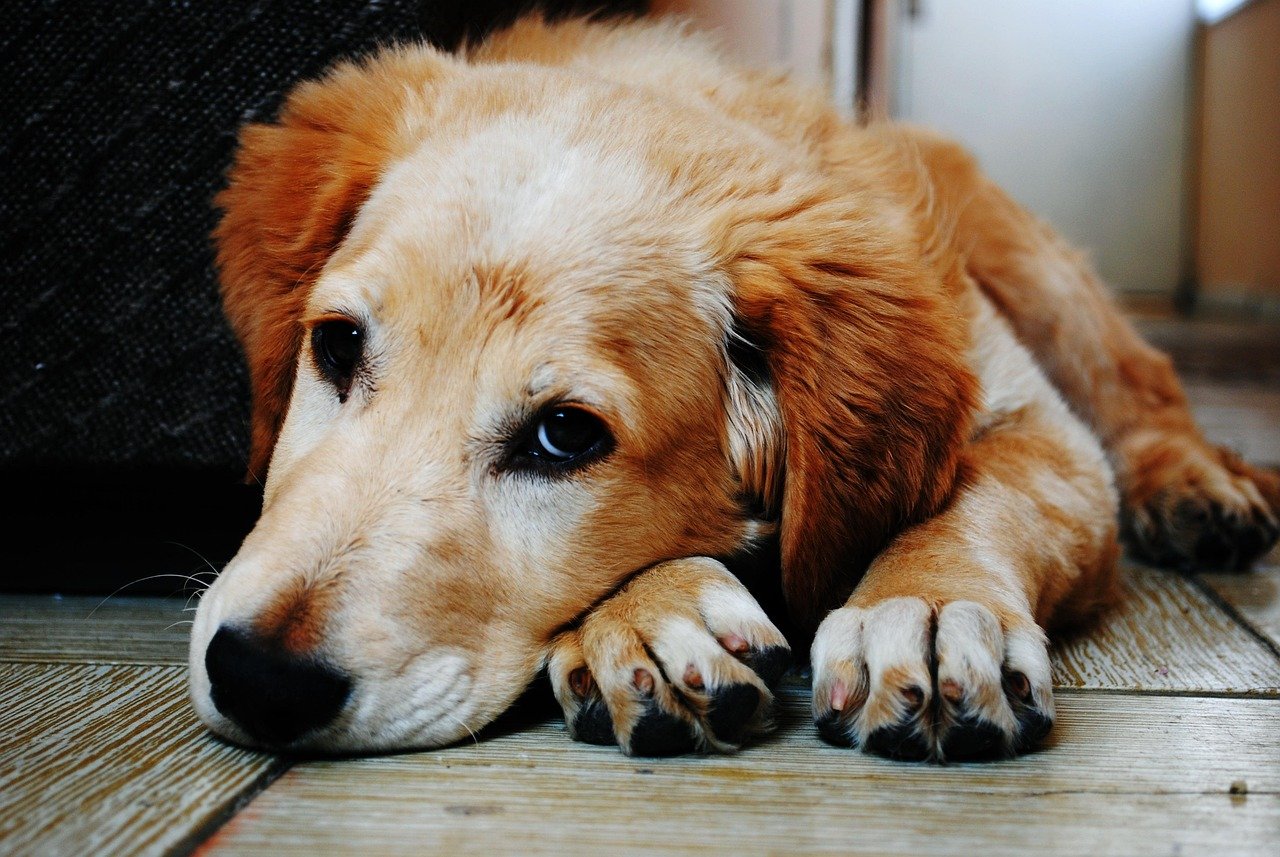
Raising your voice or using physical punishment doesn’t teach your dog—it only breeds fear and confusion. Dogs learn best through patience, consistency, and positive reinforcement. Yelling or hitting can damage your bond and make behavior issues worse. Instead, reward the good, ignore minor missteps, and redirect unwanted behavior gently. Training should be a partnership, not a battle. Every lesson learned with kindness lasts much longer.
Don’t Neglect Dental Care
It’s easy to forget about your dog’s teeth until a problem arises, but dental health is crucial. Plaque and tartar can lead to painful gum disease, tooth loss, and even heart problems. Brushing your dog’s teeth a few times a week, offering dental chews, or scheduling professional cleanings keeps their mouth healthy. Bad breath isn’t just unpleasant—it’s often a sign of trouble brewing. A little care now can save your dog from a lot of pain later.





